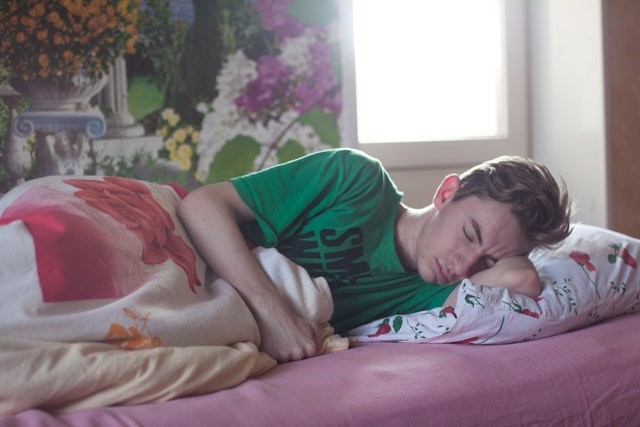A recently published study reported that rising ambient temperatures adversely affect human sleep worldwide.
According to Neuroscience News, most research investigating climate change's effect on humans' lives has focused on how extreme weather events are impacting "economic and societal outcomes on a broad scale."
Yet, climate change may have a strong effect, too, on fundamental everyday human activities, which include a host of psychological, behavioral, and physiological outcomes that are crucial to well-being.
The research team said their findings suggest that by 2099, "suboptimal temperatures" may decrease 50 to 58 hours of sleep each year.

A new study reveals that the temperature in one’s sleeping environment may affect the number of hours of his sleep.
Warmer Temperatures Impacting Sleep
In the study published in One Journal, the researchers discovered that the temperature effect on an individual's sleep is significantly larger for people residing in lower-income countries and older adults and females.
The study's first author, the University of Copenhagen's Kelton Minor, explained that their results specify that "sleep, an essential restorative process integral for human health and productivity," may be impaired due to warmer temperatures.
In this research, Minor explained they provide the first planetary-scale evidence that temperatures warmer than the average erode human sleep.
The researchers show that such erosion occurs mainly by delaying when people fall asleep and advancing when they wake up during hot weather.
The Hotter, The Shorter Sleep
To conduct this study, they used anonymized global sleep data from accelerometer-based sleep-tracking wearables.
The data contained seven million nightly sleep records from over 47,000 adults from 68 nations that span all continents except Antarctica.
Measures from the type of wristbands used in this research had previously been exhibited to align with independent gauges of both wakefulness and sleep.
The study suggested that on extremely warm nights higher than 30 degrees Celsius, sleep drops an average of only over 14 minutes. The probability of getting less than seven hours of sleep increases as temperatures rise.
Colder Temperature May Result in Better Sleep
Minor said the human body is highly adjusted to retain a stable body temperature, which life relies on.
Yet, each night, they do something remarkable that most people consciously know, they shed heat from the core into the surrounding environment by dilating the blood vessels and increasing blood flow to the hands and feet.
He also said that for the body to transfer heat, the surrounding environment must be cooler than humans.
Previous controlled studies in sleep labs showed that both humans and animals sleep worse when the temperature is extremely hot or freezing, a related Tech and Science Post report specified.
Climate change likely to reduce the amount of sleep that people get per year https://t.co/jPqHhb26Bh
— Tech and Science Post (@techsciencepost) May 21, 2022
However, this study was limited by how humans act in the actual world. The temperature of their sleeping environment had been modified to be more comfortable.
In this current study, the researchers discovered that under normal living routines, people appear better at adjusting to colder outside temperatures compared to hotter conditions.
Related information about the effect of climate change on sleep is shown on SciShow's YouTube video below:
RELATED ARTICLE: How Do 7 to 9 Hours of Sleep Help Improve Mental Health?
Check out more news and information on Climate Change and Sleep in Science Times.














